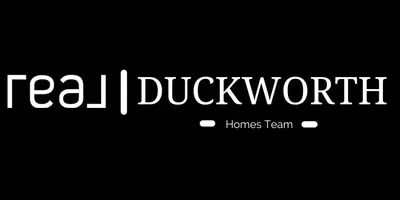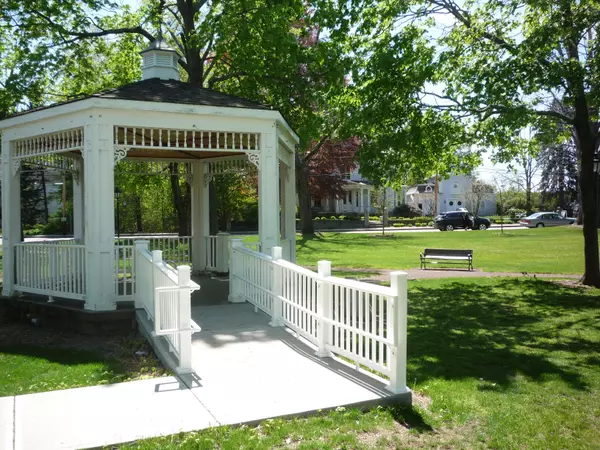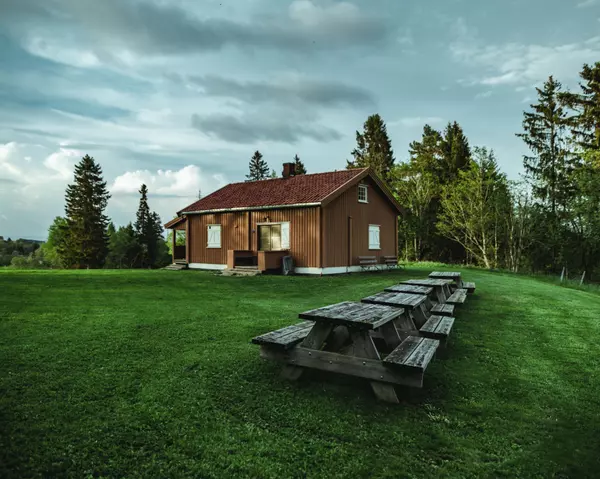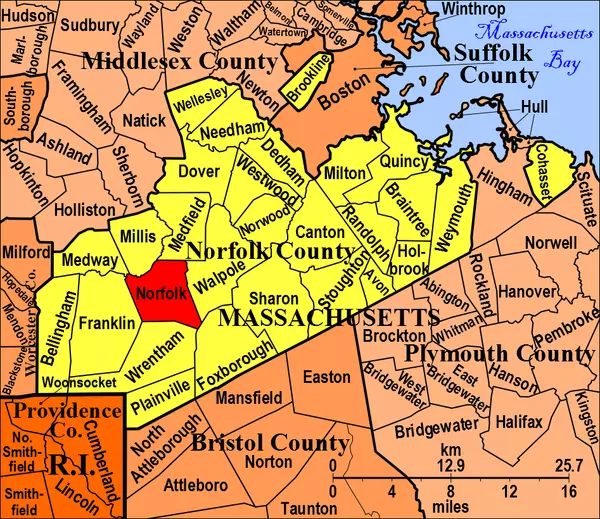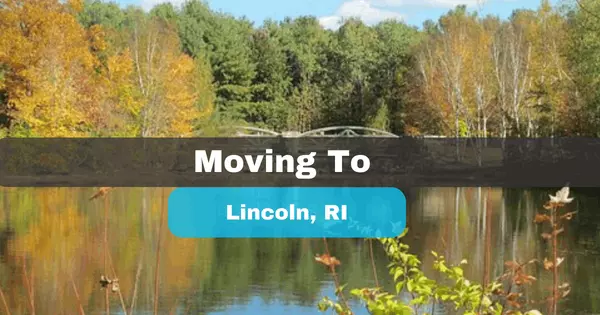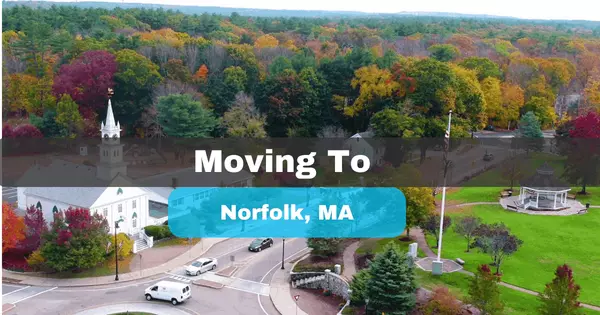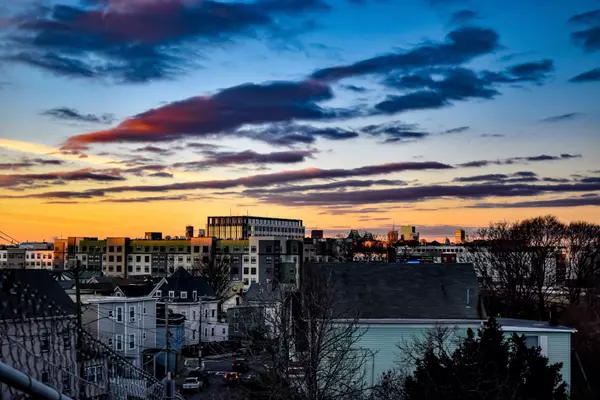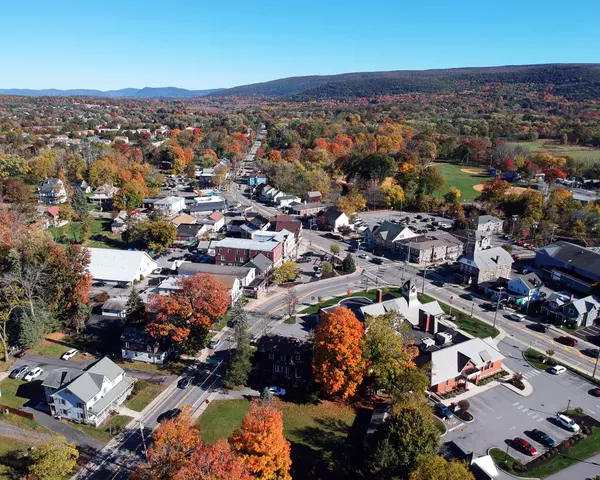June 2025 - What's Happening In Wrentham, MA
What's Happening in Wrentham This June June is packed with exciting events in Wrentham! Whether you’re looking to enjoy the outdoors, catch live music, or stay informed about town initiatives, there’s something for everyone. Here's your guide to this month’s top events: 🏃 Bushwacker 5-Mile Trail Ra
7 Most Popular Home Styles in Rhode Island and Massachusetts
7 Most Popular Home Styles in Rhode Island and Massachusetts Are you planning to make the move to Rhode Island or Massachusetts and wondering about the most sought-after home styles in the region? You're in the right place! Here, we've compiled a list of the seven most popular home styles you'll fin
Top 10 Things To Do In Lincoln, RI
Are you considering moving to Lincoln, RI? In the previous article, we discussed what you should know before you move to Lincoln. In this article, we talk about different activies Lincoln, RI has to offer!Nestled in the heart of New England, Lincoln, Rhode Island, is a treasure trove of history, nat
10 Most Expensive Town's To Live In Norfolk County, MA
Dover, Massachusetts, nestled in Norfolk County, is known for its exclusive and upscale housing market. Here's an overview of the real estate landscape in Dover: Median Home Price: The median home price in Dover is typically well above $1 million, reflecting its status as one of the more affluent su
7 Things To Know BEFORE Moving To Lincoln, RI
Living In Lincoln Considering a move to Lincoln, RI? Here's everything you need to know about living in Lincoln! The charming and quaint town of Lincoln is nestled in Providence County, Rhode Island, with a population of around 22,000 residents. Known for its rich history and as a former center of t
7 Things To Know Before Moving To Norfolk, MA
Are you contemplating a move to Norfolk, Massachusetts? Join us as we delve into the town's history, housing options, cost of living, and vibrant community life, and explore more about its educational opportunities and recreational activities. If you're looking for a trusted real estate partner to h
Top 10 Safest Towns To Live In Massachusetts (2024)
Safety is a paramount consideration for those seeking a new place to call home. In this updated article, we will explore the top 10 safest places to live in Massachusetts for 2023, highlighting their unique qualities and the factors contributing to their low crime rates and exceptional quality of li
Discovering Franklin, Massachusetts: Top 5 Reasons to Make it Your Home
Nestled in Norfolk County, Massachusetts, Franklin is a hidden gem that offers a winning combination of natural beauty, a vibrant community, and convenient access to nearby cities like Boston. If you're contemplating a move to the Bay State, Franklin should be on your radar. In this blog post, we'll

Brendan Duckworth
Phone:+1(401) 787-7128
